
The government does not support the proposals of the leader of the 'Dawn of Nyamunas' party, Remigijus Žemaitaitis, and conservative Arvydas Anušauskas to disclose the names of former KGB employees.
According to the conclusion of the Ministry of Defense, which was approved by the cabinet of ministers last week, this information and data about the individuals who provided it are considered state secrets under current legal regulations.
"The goals and objectives of the proposed legal regulation, as well as the reasons that prompted the development of the bill, are unclear," the Ministry of Defense states.
In the ministry's opinion, it is unclear "what additional value the proposed regulation will have in the areas of state and public security, prevention and investigation of offenses, or in other fields."
The conclusion states that the proposed amendments would allow for the publication of data about former KGB employees who confessed to collaborating with the KGB, and the disclosure of such information would create opportunities for hostile state services to identify individuals who did not confess to collaborating with the Soviet special services and to use this information for their purposes.
According to the ministry, the approval of the projects by Žemaitaitis and Anušauskas would mean the possibility of disclosing information considered state secrets, which are currently classified for 75 years, even though less than 30 years have passed since their classification.
The Ministry of Defense believes that confessing individuals might link their decision to make a confession to the authorities of independent Lithuania regarding their work in Soviet structures with a promise to keep their data secret, which would mean a retreat by the state from previously accepted commitments.
"Such changes could be objectively regarded as inconsistent with constitutional principles of protecting legitimate expectations, legal certainty, and legal security, and could negatively affect public trust in the state and its legal system," the conclusion states.
As reported by BNS, the Seimas approved the projects of Anušauskas and Žemaitaitis after their submission.
The amendments proposed by the leader of the 'Dawn of Nyamunas' party aim to establish the declassification of individuals known to the state as having collaborated with Soviet structures, including politicians, public officials, judges, military personnel, heads of state and municipal enterprises, public institutions, political party members, and journalists.
Anušauskas' amendments stipulate that after the expiration of the classification period, "the procedure for using information and data about them (KGB employees – BNS) is established by the government-authorized agencies."
According to Anušauskas' project, for individuals who voluntarily confess to secret collaboration with the Soviet special services, the current 75-year guarantee of confidentiality provided by law will be reduced to a 30-year confidentiality period.
The current law, which came into force in 2000, allows former KGB employees and other Soviet special services, as well as their secret employees, to make a confession and register with a special commission. In return, the data of former secret KGB employees who made a confession is classified for 15 years.
In connection with the approaching deadline, in June 2015, the Seimas adopted an amendment stating that the data of former KGB employees who made a confession would be classified for 75 years.
However, even the current legal norm does not guarantee absolute confidentiality for former KGB employees.
If such an individual runs for the position of president, member of the Seimas, member of the government, municipal councils, judge, or prosecutor, or is appointed to these positions, their confession ceases to be considered a state secret – such a fact in their biography must be disclosed.
The opportunity to confess to collaboration with the KGB in the past existed before; it could be done through the Temporary Commission of the Supreme Council in 1991–1992.
After the deadline for voluntary confessions was announced, 1,589 people confessed to the Lustration Commission about their collaboration with the Soviet special services.
Earlier, several amendments to the law aimed at declassifying the names of former KGB employees who made confessions were registered in the Seimas, but they were not approved.

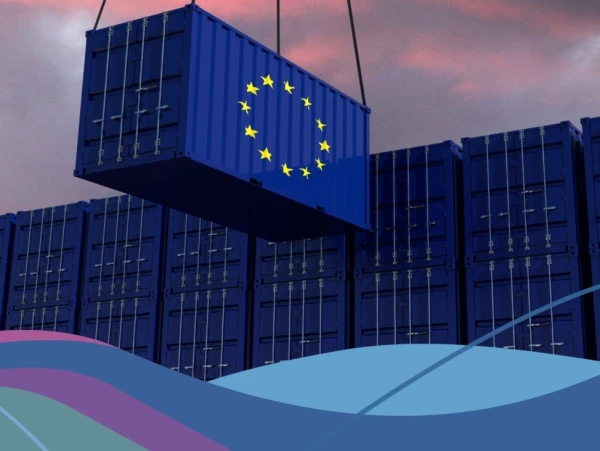





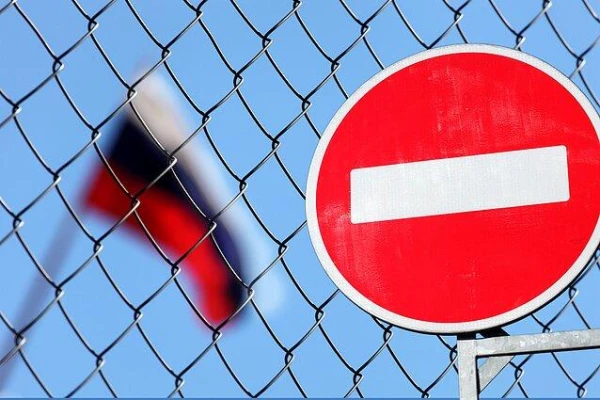


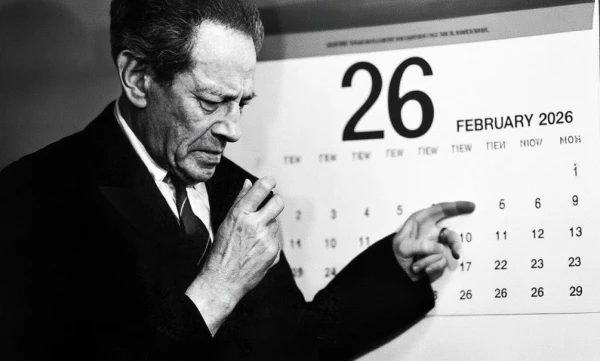
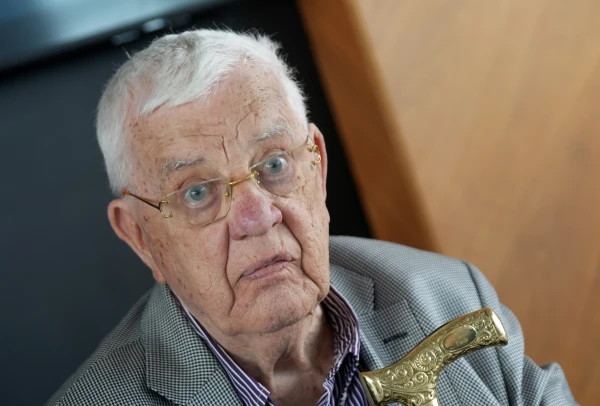
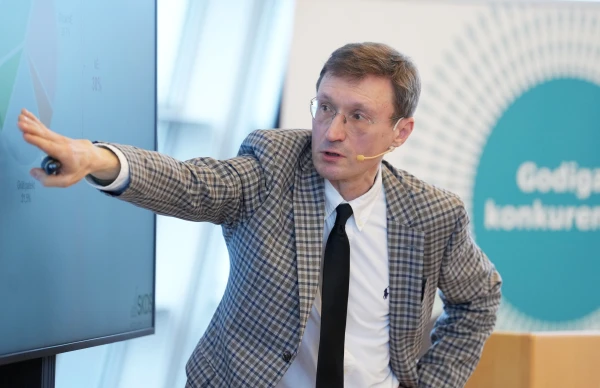
Leave a comment